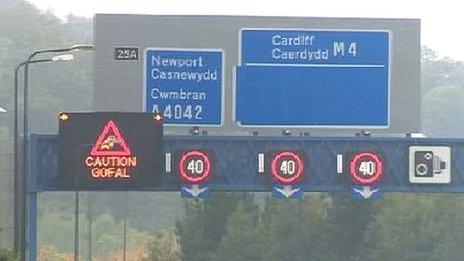M4 relief road for Newport challenged in court
- Published
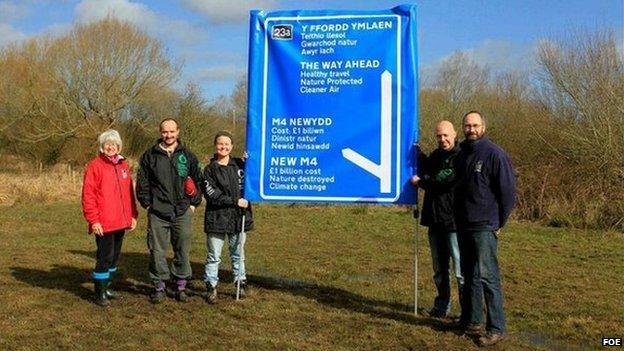
Friends of the Earth Cymru is worried about the effect on local wildlife
The saga of the £1bn M4 relief road is taking another twist with an environmental group going to court.
Friends of the Earth Cymru wants a judge to examine how ministers decided to press ahead with the 14-mile new stretch of motorway around Newport.
The group has called it an "extravagant vanity project" and is worried nature reserves will be damaged.
The Welsh government has insisted the decision had been "carefully considered".
Mr Justice Hickinbottom in the High Court will be deciding over the next three days whether FoE Cymru has a case for a full judicial review.
FoE's Gareth Clubb, said: "This case is of huge national significance."

THE HISTORY
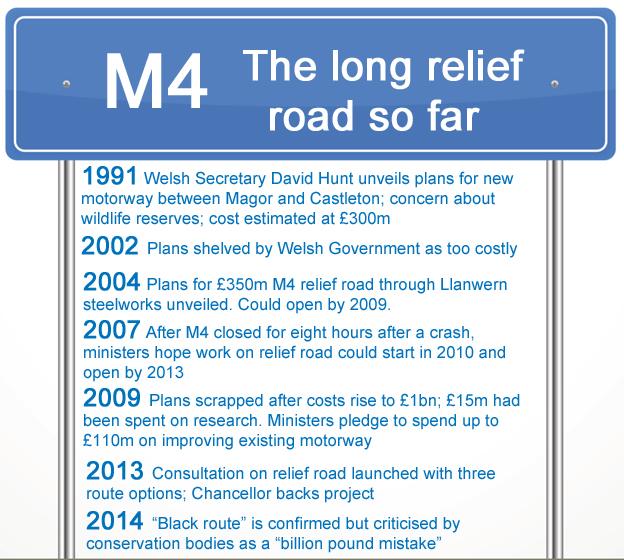
A plan for the relief road, to ease congestion through the Brynglas tunnels at Newport, was first unveiled 24 years ago.
But the project has been delayed by concerns about the rising cost and there has been controversy that important nature and wildlife reserves - especially the Gwent Levels - would be damaged.

THE LEGAL CHALLENGE
Mr Justice Hickinbottom is the judge who had saved Shambo, the "sacred" bull from slaughter in 2007, external, quashing a Welsh government order after the animal had tested positive for TB. The ruling was eventually overturned.
This review will assess if the three grounds for concerns raised by Friends of the Earth Cymru stands up to scrutiny. They are that the Welsh government failed to:
Grapple with two specific statutory duties in relation to the conservation and enhancement of the Special Sites of Scientific Interest (SSSIs) and failed to explicitly acknowledge the harm that the plan will do to those protected sites and its reliance on mitigation measures was "flawed and irrational."
Identify, describe and evaluate reasonable alternatives and "failed to facilitate a proper consultation on options which were less environmentally harmful."
Consider an increase in carbon emissions if the new road is built in the context of its own climate change policies and emission targets.

THE ROUTES - BLACK OR BLUE?
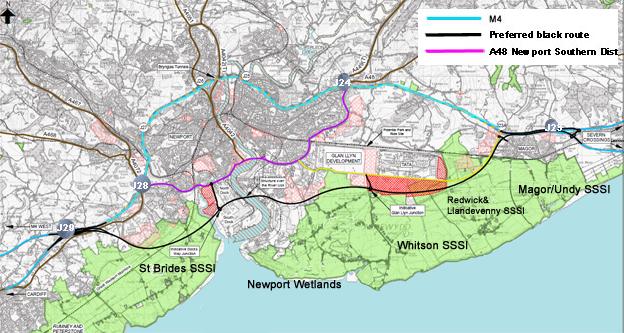
The preferred black route is too close to nature reserves, say conservation groups
The Welsh Government said its preferred option is the so-called black route - which has caused anger from environmentalists.
But opponents have called for a fourth blue-route, which would mean improving the existing distributor road, they claim at a lower cost to the public purse and wildlife.

THE ARGUMENTS
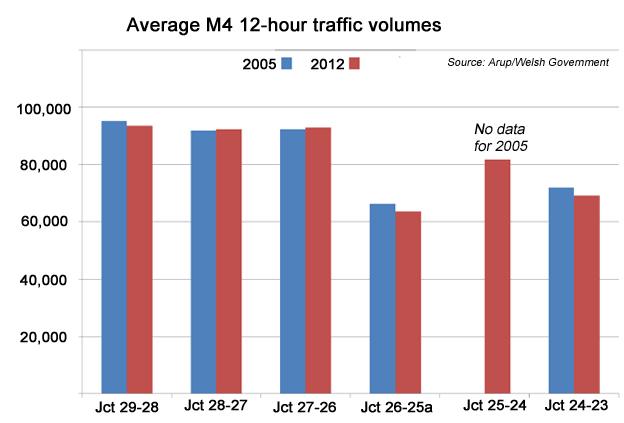
How traffic volumes fell through Newport after 2005
Many business organisations and politicians on either side of the Severn Bridge support a new relief road.
Among them is the Institution of Civil Engineers. In its response to the Assembly's Environment Committee it said it favoured the black route provided there is minimal impact on the environment, as they questioned the cost estimates of the blue route.
By the time necessary works to connect to the motorway are added, the costs of the black route could be lower.
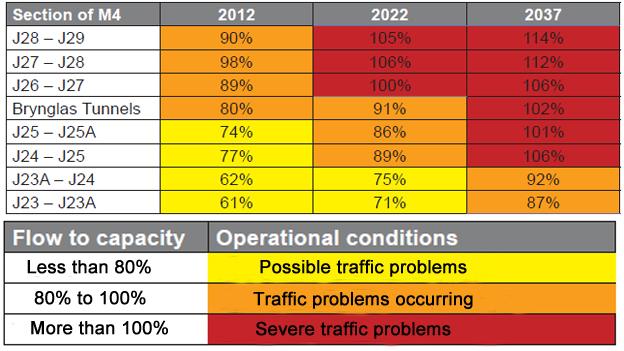
Forecast rush-hour traffic through Newport for the next 20 years
The Welsh government has claimed the M4 through Newport is at 80% capacity during rush hours, bringing congestion, with traffic set to increase by 2035.
But FoE Cymru said the claim of ever-increasing volume of cars is a "fallacy" with traffic volumes in Wales falling over a five-year period.
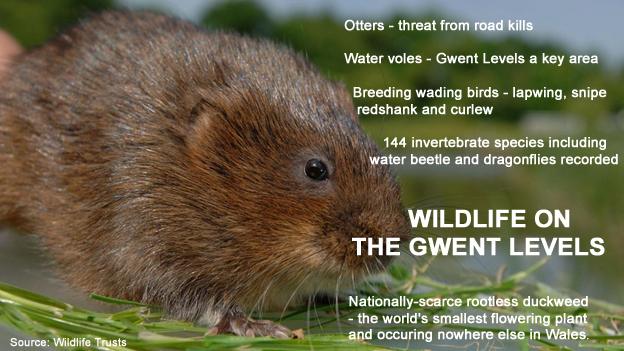
Species like the water vole could be affected, warn environmental groups
Environmentally the Gwent Levels on either side of Newport has a special areas of conservation (SAC) in the Usk river, and would run through four SSSIs and close to two more.
Natural Resources Wales (NRW) concurs that the Usk, Gwent Levels and the Severn Estuary are "important for the environment, for people and the economy."
Its main concerns are focused on potential rise of greenhouse gas emissions, impacts on land, damage to SSSIs, release of contamination from a nearby landfill site and potential increase in flood risk and dangers to water quality.
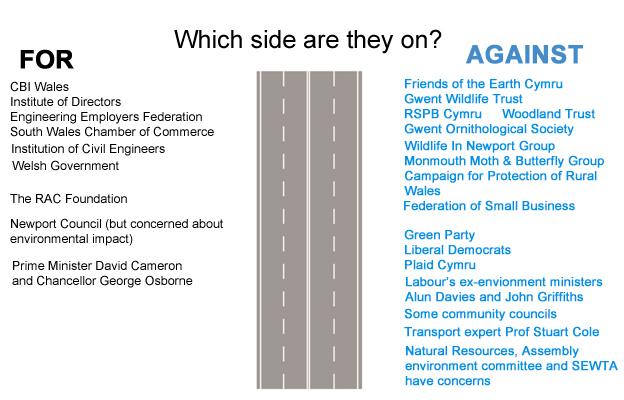
A Welsh Government spokesperson said: "We are unable to comment whilst the judicial review process regarding the M4 corridor around Newport is ongoing."
- Published10 February 2015
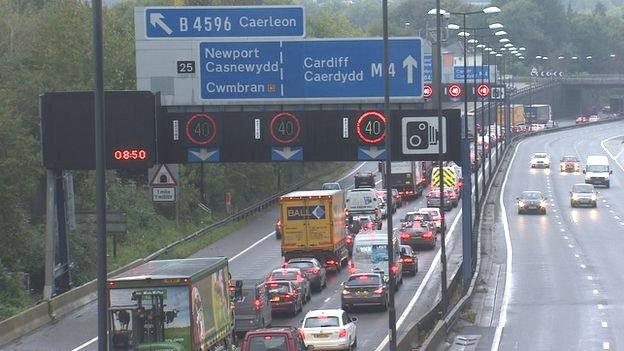
- Published17 November 2014
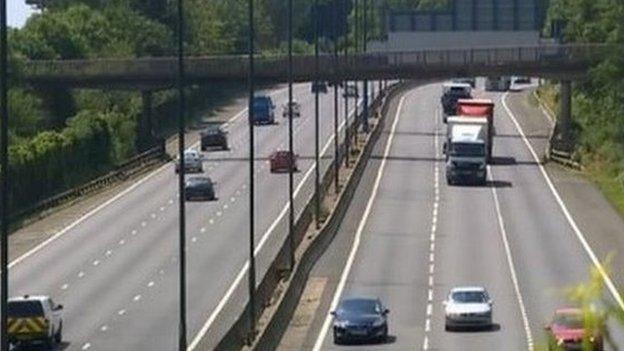
- Published11 November 2014
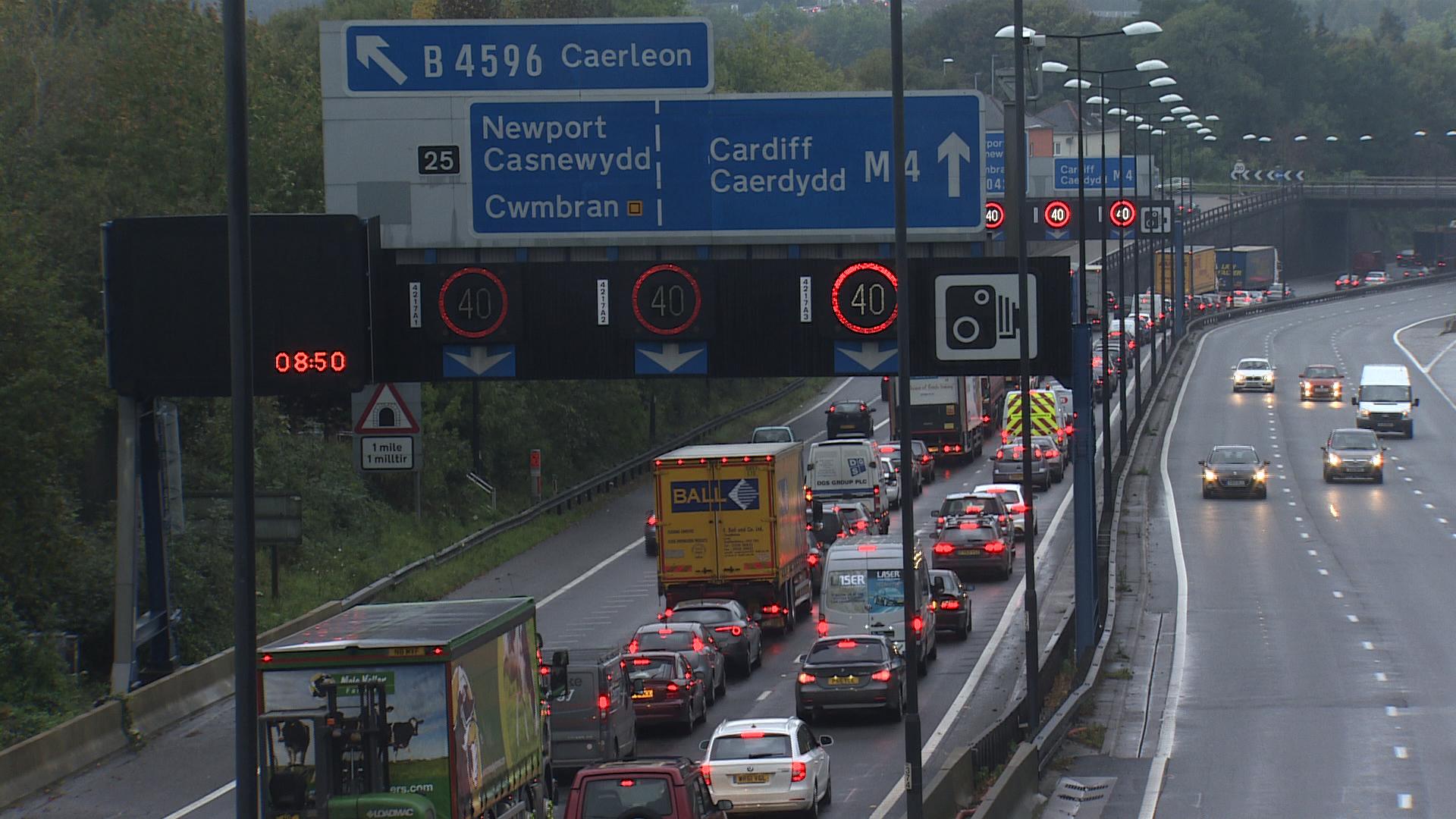
- Published17 July 2014
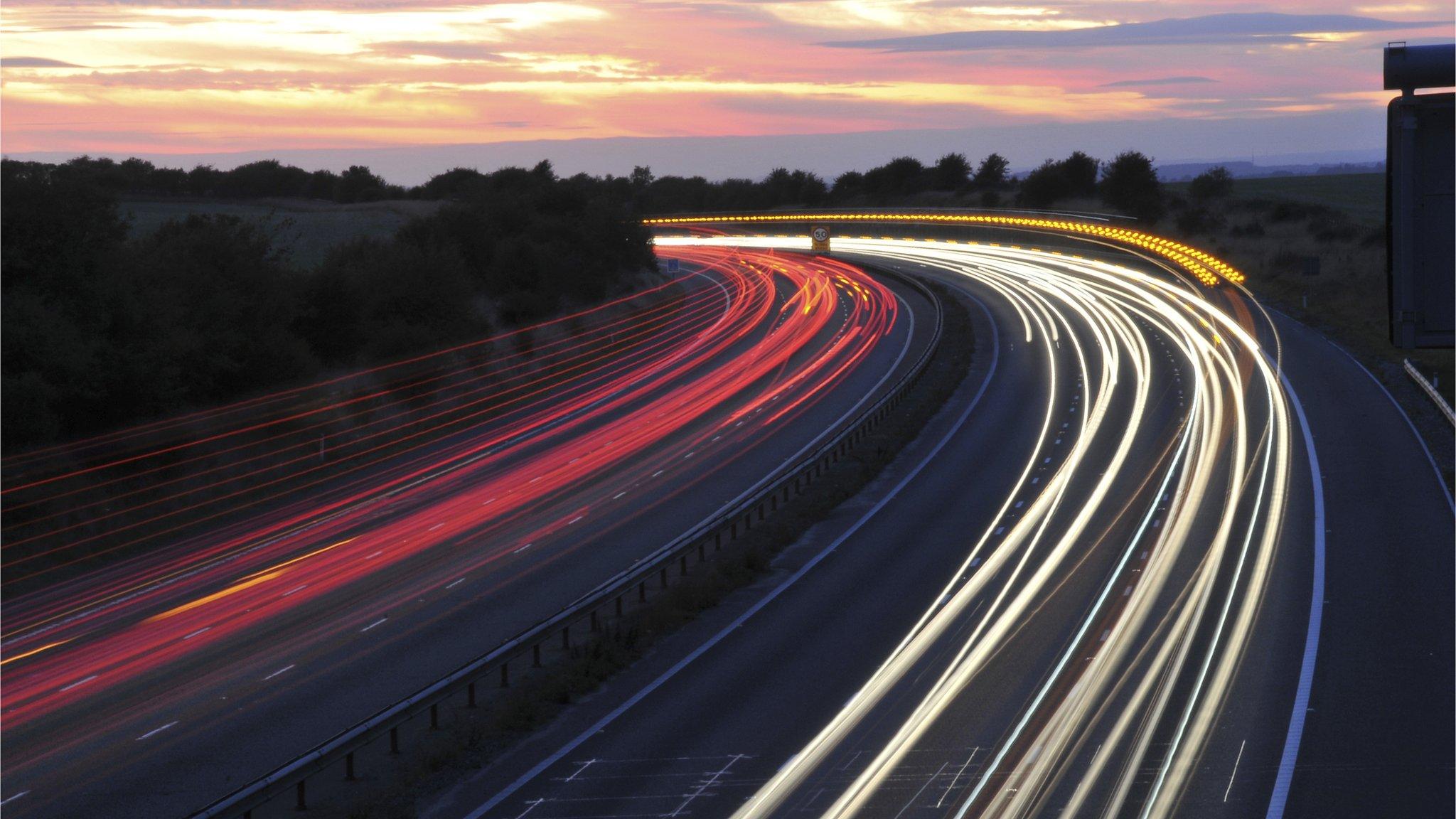
- Published17 July 2014
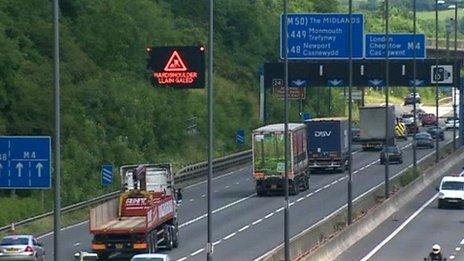
- Published16 July 2014
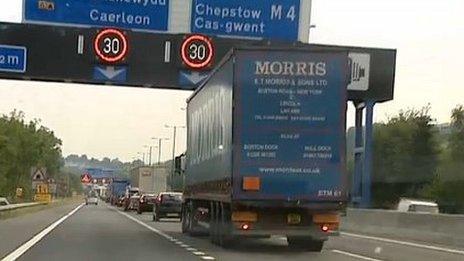
- Published17 June 2014
